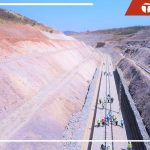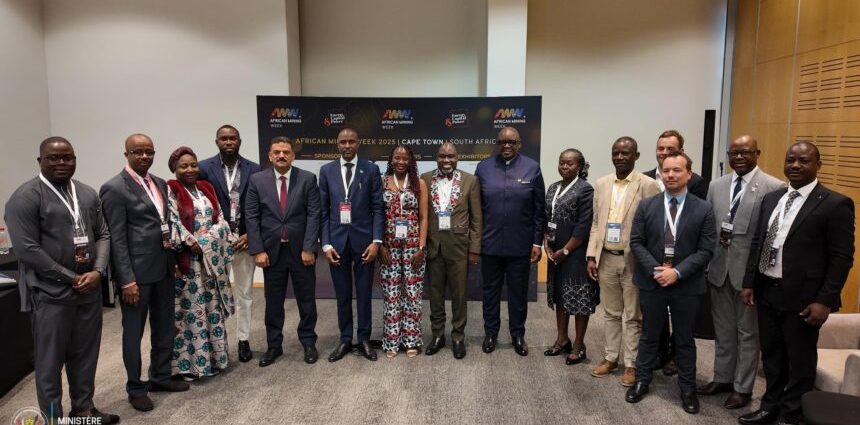African Mining Week Ministerial Forum Spotlights New Industrialisation Strategies Across the Continent
Mining ministers from Zimbabwe, the Democratic Republic of Congo (DRC), and Nigeria have unveiled bold strategies to fast-track mineral beneficiation and value addition, signalling a major shift toward industrialisation and economic transformation within Africa’s mining sector.
Zimbabwe Sets the Pace with New Base Metal Refinery and Industrial Parks
Zimbabwe’s Minister of Mines and Mining Development, Winston Chitando, announced that the government plans to commission a new base metal refinery within two years, a move aimed at capturing more value from the country’s vast mineral wealth.
Home to the world’s second-largest platinum reserves, Zimbabwe is leveraging its resource base to create jobs, boost local manufacturing, and reduce raw ore exports.
“Exporting raw ore from a landlocked country does not make economic sense. We must ensure beneficiation translates into real economic value,” Chitando stated.
To achieve this, Zimbabwe is developing three new industrial parks in Hwange, Beitbridge, and near Harare, designed to attract processing plants, logistics hubs, and downstream manufacturing.
DRC Aims for Global Copper Leadership
The DRC’s Minister of Mines, Louis Watum Kabamba, highlighted plans to transform the country into a global copper powerhouse, leveraging special economic zones (SEZs) to attract foreign investment and streamline fiscal processes through a new “one-stop shop” system.
Kabamba also underscored the DRC’s push to integrate artificial intelligence (AI) into exploration and production—particularly for lithium and copper—to enhance efficiency and competitiveness.
“In copper production, we are currently second to Chile, but we want to be first,” he said.
Nigeria Targets a US$1 Billion Mining Economy by 2030
Nigeria’s Permanent Secretary at the Ministry of Mines, Yusuf Farouk Yabo, outlined an ambitious roadmap to grow the country’s mining sector into a US$1 billion economy by 2030.
Key reforms include modernising the Mining Act of 2011 to better support private-sector investment and introducing digitisation across the mining value chain, from exploration databases to mineral traceability systems.
“We want to guarantee that Nigerian minerals can be traced from mine to market. This ensures all sources are formalised and transparent,” Yabo said.
A Continental Drive Toward Industrialisation
Collectively, these initiatives reflect a Pan-African shift toward beneficiation, value retention, and economic sovereignty. As nations like Zimbabwe, DRC, and Nigeria move to industrialise their mining sectors, Africa is steadily redefining its role—from a supplier of raw materials to a global centre for mineral processing and value creation.















